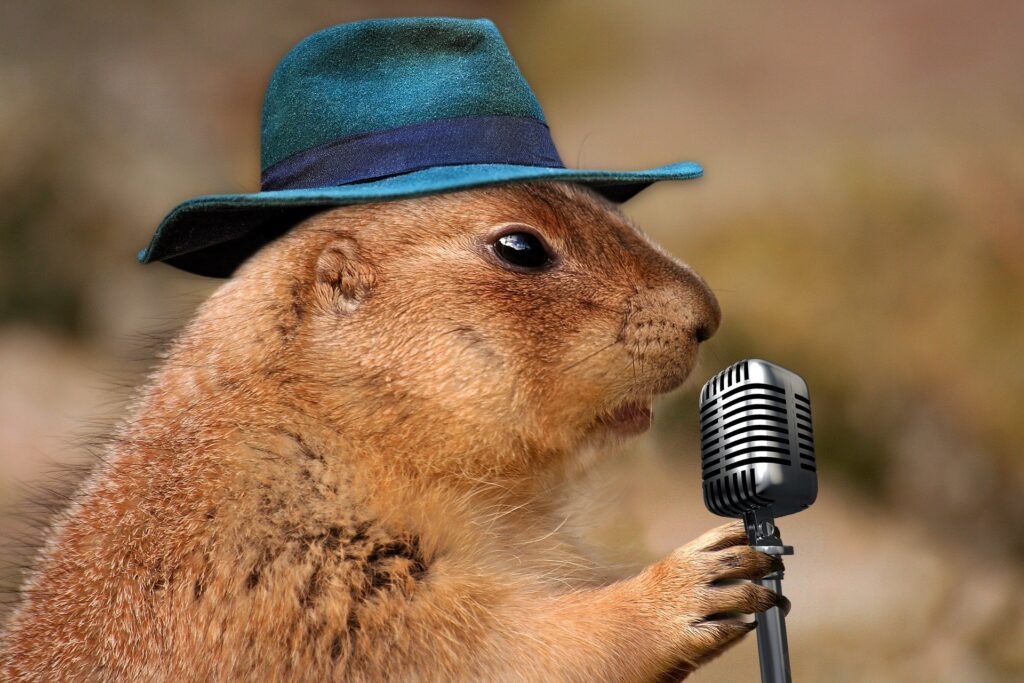Using Humour in Writing
This week on the blog, I thought I’d discuss using humour in writing. As is becoming a regular habit for me, I’m basing my post on something I’ve been thinking about in my own writing. It’s become a trait for one of my secondary characters to keep making wry sarcastic comments. This made me wonder about the ways humour can be effective in writing.
1. It develops your skills as a writer

Putting humour in your scene is a great fun challenge for a writer. Even if you decide to chop it during editing, the fact you constructed comedy in that scene can develop your skills. Whether it’s slapstick or a wry comment, things like timing, use of wordplay or even showing a character’s reaction (e.g. the way a character dramatically rolls their eyes at a bad joke) are all great things for a writer to practice doing.
Why not try a comedic prompt the next time you try a writing sprint? See what your characters get up to or how they react – you might end up learning more about yourself and your craft, as well as having fun writing that scene!
2. Humour can lighten up a tense scene

Speaking of scenes and mood, a dash of humour in a heavy or tense scene might be just what the doctor ordered. Obviously you need to ‘read the room’ – comedy might really jar with your reader to detrimental effect. However, sometimes during or after a dark scene, humour can be a breath of fresh air and a moment that’s needed to break the tension. This was done incredibly well in my last read, Storytellers by Bjorn Larssen (blog review here), where the author powerfully peppered humour in tense scenes.
The hubs and I have been watching ‘One Foot in the Grave’ recently. If anyone’s unfamiliar, I really recommend this classic 90s comedy. You can read more about the show on Wikipedia here.
It’s based around married couple Victor and Margaret Meldrew – you might have heard of Victor’s classic phrase ‘I don’t believe it!’ That’s often Victor’s reaction to the show’s hilarious antics, like someone planting a plant in the lavatory can after Victor instructed them to ‘leave it in the downstairs toilet’.
One of the reasons One Foot in the Grave works so well (in my mind, one of the best British comedies ever) is its use of combining humour during serious scenes. I don’t want to give any gems away, but their use of timing and pairing the hilarious with often-dark moments is excellent.
3. It can bond your characters together

Humour can be a powerful tool to draw your characters together. This was done brilliantly in one of my favourite Indie fantasy books, ‘Of Shade and Shadow (check out my bog review). The two main characters are unlikely friends at first, then they’re forced to flee and join a group of misfits on a quest to save the world. One of the things that brings this group together is comedy. Both main character Louko’s ‘sass’ and the use of more outlandish comedy (including daring one another to get haircuts and a particular scene where someone gets slapped in the face by a fish!) bond this group of characters together.
So if you’re struggling with character development or your characters bonding together, why not throw in some humour? It can be an effective tool to grow empathy and friendship between the characters – as well as developing a deeper connection between the reader and the characters.
4. Humour can help you learn about your characters

Interlinking with that, humour can teach you things about your character. Do they laugh at an awful joke, or do they get embarrassed? Would they join in banter or keep themselves apart? Is their own use of comedy light or more sarcastic?
For example, with my secondary main character Lucas, he is using humour as a bravado. In one of my last scenes with him he has just avoided a rather nasty end, but straight away he’s using humour to shrug off his near-death encounter. So with that, I’m learning a lot about how Lucas might keep his distance from my two major characters and push down on his fear, as well as what might drive him.
If you’re still trying to get to know your characters, maybe try putting them in a comedic situation and see how they react.
So, there are four reasons why using humour in writing can be an effective tool, both for you as a writer and in getting to know your characters. Do you use humour in writing? Or can you think of a book that used humour particularly well?
Thanks for Reading!
Thanks so much for reading! Hope you enjoyed my post. Why not check out my other blog posts, including others in the writing craft series? Or head here to check out my published books or more about me as an author.

Why not take part in my giveaway? UK only – sign up to my newsletter for a chance to win a paperback copy of Lottie’s Locket. Running until Thursday with winners announced on Friday, when Lottie’s Locket turns one!
Lastly, why not get in touch? I’d love to connect with you! Drop a comment, hit the social icons below or head to my contact me page.
Till next time,
Maria 🙂

Writing humour is a skill and take a lot of practice. Interesting points.